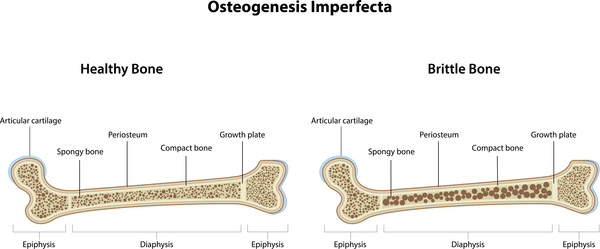THE BLOOD GLUCOSE LEVEL

🩸 BLOOD GLUCOSE, also known as blood sugar, refers to the concentration of glucose (a monosaccharide or simple sugar) in the bloodstream. Glucose is the primary source of energy for the body’s cells, and its level in the blood is tightly regulated to maintain normal bodily function.
🩺NORMAL AND DIABETIC BLOOD SUGAR RANGES
🌹For the majority of healthy individuals, normal blood sugar levels are as follows:
⚡Between 4.0 to 5.4 mmol/L (72 to 99 mg/dL) when fasting.
⚡Up to 7.8 mmol/L (140 mg/dL) 2 hours after eating.
🌹For people with diabetes, blood sugar level targets are as follows:
⚡Before meals : 4 to 7 mmol/L for people with type 1 or type 2 diabetes.
⚡After meals : under 9 mmol/L for people with type 1 diabetes and under 8.5mmol/L for people with type 2 diabetes.
💡Abnormally high or low blood glucose levels can be indicative of a variety of health conditions, including diabetes, hypoglycemia, and hyperglycemia. Regular monitoring of blood glucose levels is important for individuals with diabetes to manage their condition and prevent complications.
✨ HYPOGLYCEMIA, or low blood sugar, can cause a variety of symptoms and health problems. If left untreated, it can lead to serious complications and even death.
Some of the diseases and health problems that can be caused by hypoglycemia include:
1. DIABETES COMPLICATIONS: Hypoglycemia is a common complication of diabetes and can lead to seizures, coma, or even death if not treated promptly.
2. COGNITIVE IMPAIRMENT: Low blood sugar can impair cognitive function and lead to confusion, memory loss, and difficulty concentrating.
3. CARDIOVASCULAR DISEASE: Hypoglycemia has been associated with an increased risk of cardiovascular disease, including heart attack, stroke, and arrhythmias.
4. NEUROLOGICAL DISORDERS: Prolonged or frequent episodes of hypoglycemia can cause permanent damage to the nervous system and lead to neurological disorders such as seizures, dementia, and Parkinson’s disease.
5. ADRENAL GLAND DYSFUNCTION: Chronic hypoglycemia can cause dysfunction of the adrenal glands, which can lead to fatigue, weakness, and other symptoms.
It is important to identify and treat the underlying cause of hypoglycemia to prevent these complications. Treatment may include changes in diet, medication adjustments, and lifestyle modifications.
✨ HYPERGLYCEMIA, or high blood sugar, is a common feature of diabetes, but it can also be caused by other factors such as stress, infection, or certain medications. Prolonged or uncontrolled hyperglycemia can lead to a variety of health problems and complications, including:
1. DIABETES COMPLICATIONS: Chronic hyperglycemia is a major risk factor for developing complications of diabetes such as heart disease, kidney disease, neuropathy, and retinopathy.
2. CARDIOVASCULAR DISEASE: Hyperglycemia can damage blood vessels and increase the risk of developing heart disease, stroke, and peripheral artery disease.
3. KIDNEY DISEASE: Prolonged hyperglycemia can cause damage to the kidneys, leading to diabetic nephropathy, a condition that can progress to kidney failure.
4. NERVE DAMAGE: Hyperglycemia can cause damage to the nerves, resulting in peripheral neuropathy, a condition that causes numbness, tingling, and pain in the hands and feet.
5. VISION PROBLEMS: Hyperglycemia can cause damage to the blood vessels in the eyes, leading to diabetic retinopathy, a condition that can cause blindness if left untreated.
6. SKIN INFECTIONS: Hyperglycemia can weaken the immune system and increase the risk of skin infections, such as cellulitis and abscesses.
MANAGEMENT OF HYPERGLYCEMIA involves controlling blood sugar levels through diet, exercise, and medication, as well as addressing any underlying health conditions that may be contributing to high blood sugar. It is important to seek prompt medical attention if you are experiencing symptoms of hyperglycemia or are having difficulty managing your blood sugar levels.









Responses